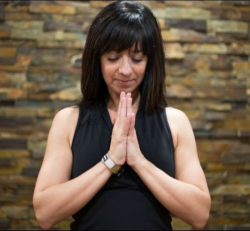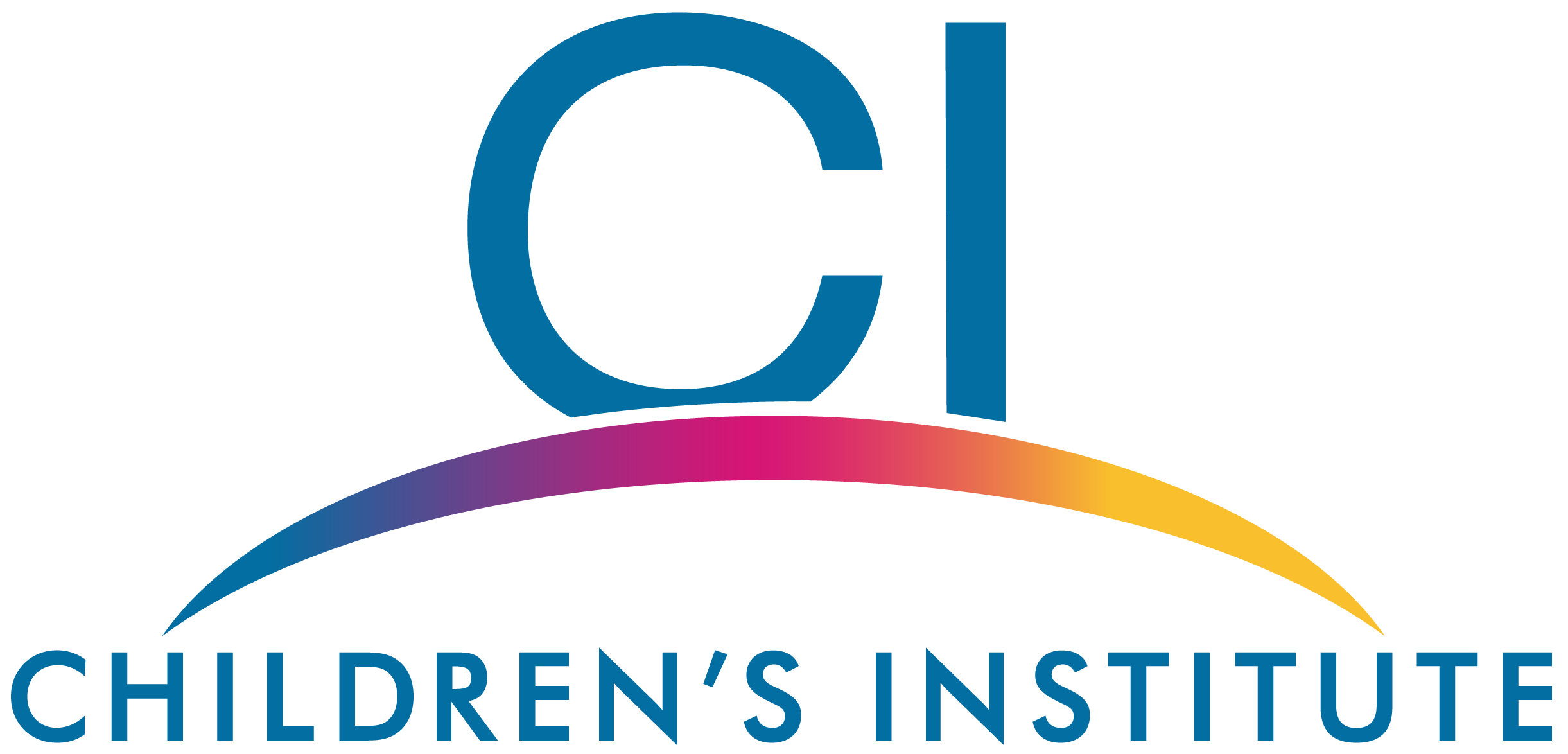On Mindfulness with Erica Ebert

Erica Ebert is the Webster Central School District's newly added Instructional Specialist focusing on student wellness and mindfulness across K-12 classrooms. Students rave about the difference mindfulness can make in their day, whether it's prepping for an exam, tackling a big project, or getting centered in the midst of a hectic semester. Erica also owns and operates Balance Fitness, a yoga and meditation studio in Webster. In our pursuit of mindfulness experts, we were able to get her insight on impactful practice and how to get started.
What is mindfulness? What kinds of activities does it include, and how much of a “time commitment” does it take?
My favorite definition is Jon Kabat Zinn's- “Mindfulness means paying attention in a particular way: on purpose, in the present moment, and nonjudgmentally.” It's a practice where we observe, where we use our senses, where we live from our senses. It's challenging because we have such habitual places we live from, so many neural pathways that we act from- so many judgements. I also love that, in its purest form, Mindfulness means "presence of heart." I think that is beautiful. We show up in our life with our heart guiding us. How courageous.
Tell us a little about why you believe mindfulness can be so impactful on young people and on adults. What kind of results do you see when classrooms or individuals start practicing mindfulness? Have you seen a mindfulness skeptic change their mind?
First of all- neuroplasticity. Our brain is a muscle and, through practice, we can change it. That's just so freaking cool. It decreases the brain activity of the ego, cultivates compassion, decreases the brain cell volume in the amygdala (responsible for fear- flight, fight, freeze), helps navigate stress, addiction, develops our ability to concentrate. I could, literally, go on. I just see ease in faces and bodies. Have skeptics changed their minds? Yes. Absolutely.
What are the easiest mindfulness practices to start doing right away? What advice would you give to a program manager or teacher who wants to get started?
Stop and breathe (like really get curious about your breath) for 1 minute a day. My advice? My answer has Buddha in it, but, and I assure you- this isn't about Buddhism.
Buddha was asked, “Sir, what do you and your monks practice?”
“We sit, we walk, and we eat.”
“But sir, everyone sits, walks, and eats…”
Buddha then said, “When we sit, we know we are sitting. When we walk, we know we are walking. When we eat, we know we are eating.”
Can you point us toward any good resources?
I am obsessed with 10%Happier. I am also in love with Mindful.org.
